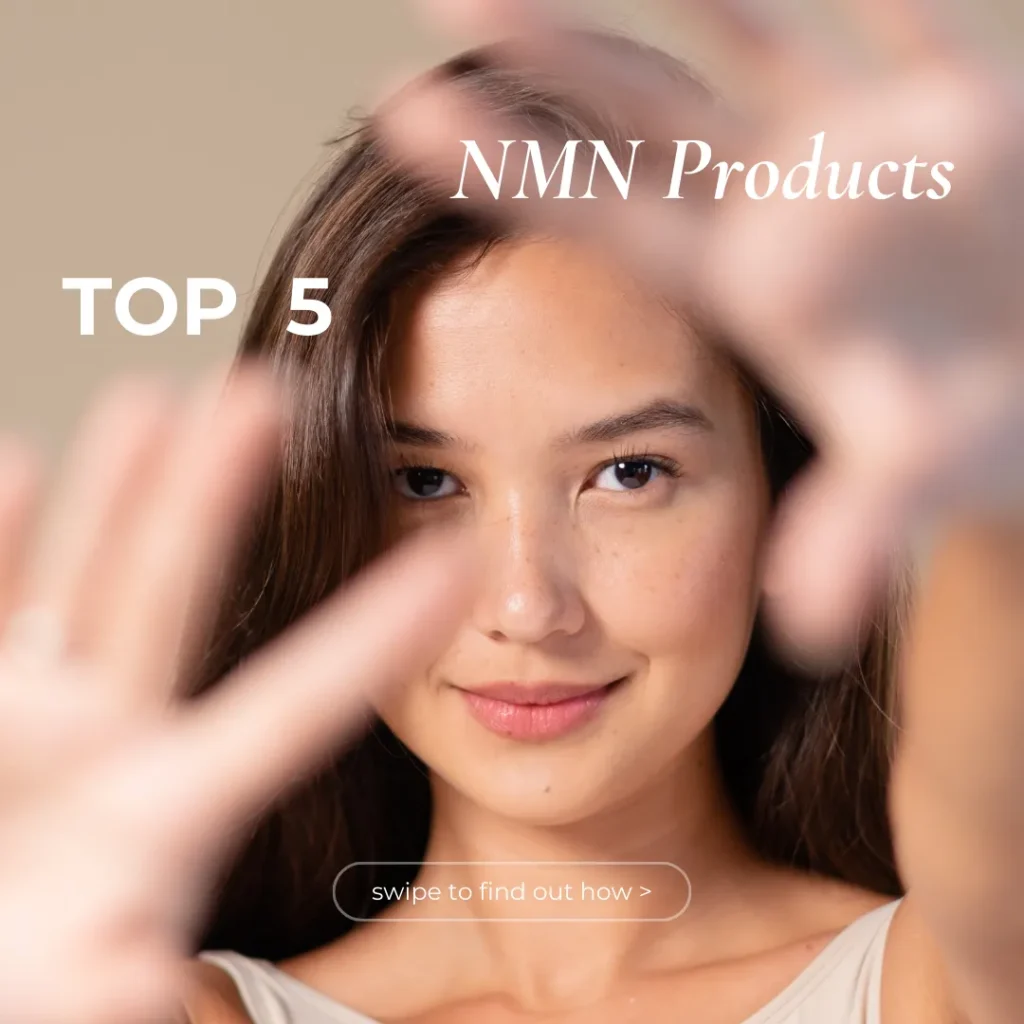Dr. Berg Gets Censored by Youtube?
In an age where information flows freely on the internet, the recent move by YouTube to censor health-related content that doesn’t align with the mainstream medical consensus has raised significant concerns. Dr. Berg, a well-known figure in the world of alternative health, has recently fallen victim to this censorship. In this article, we’ll dive into the details of this censorship, its potential implications, and why it matters.
The YouTube Censorship Storm
The New Algorithmic Changes
YouTube, the video-sharing giant, has officially banned content related to health that contradicts the General Medical consensus. While not all such content will be taken down, YouTube has altered its algorithms to replace popular videos with medical information if they don’t align with the established viewpoint.
The Definition of Misinformation
YouTube’s definition of misinformation is anything that opposes the World Health Organization’s viewpoint. This has significant implications for practitioners like Dr. Berg, who have built their platforms on providing alternative health solutions with a substantial track record of success.
The Impact on Alternative Health Seekers
The Search for Alternative Solutions
Many individuals turn to the internet to explore non-toxic, natural remedies for various health concerns. With this new censorship in place, finding these alternative solutions may become increasingly challenging. This could have detrimental effects on those who have exhausted traditional medical options and are seeking a different path to wellness.
The Suppression of Competing Viewpoints
Competition in the healthcare field is essential for driving innovation and improving healthcare outcomes. By restricting alternative viewpoints, YouTube’s actions may unintentionally stifle progress and limit the range of available information.
Freedom of Health Information as Freedom of Speech
Freedom of health information is, in many ways, a form of freedom of speech. Restricting this freedom by filtering out alternative opinions raises concerns about censorship and control over what individuals can access and learn about their health.
Questioning Transparency
The Issue of Conflict of Interest
YouTube’s close ties with pharmaceutical companies, medical universities, and medical journals raise questions about transparency. How can we trust that these partnerships won’t influence the information that’s promoted and restricted on the platform?
The Problem of Stakeholders
Stakeholders in the healthcare industry, some of whom are part of the industry itself, may have vested interests in the information that’s disseminated. This raises concerns about potential biases and conflicts of interest in shaping health content.
The Revolving Doors
The revolving doors between directors and various healthcare entities can further erode trust in the impartiality of the information presented. Transparency in these relationships is essential for ensuring that the information provided is in the best interest of the public.
The Misguided Notion of Health Illiteracy
Defining Health Illiteracy
Some critics of alternative health content label it as health illiteracy, claiming that it’s an inability to comprehend and use medical information. This view suggests that certain groups, such as the elderly, poor, and minorities, are more prone to health illiteracy, which could lead them to seek alternative health information online.
Challenging the Notion
This perspective appears to be a form of discrimination against those who seek alternative health solutions. It implies that people turn to alternative sources because they cannot understand traditional medical information or disagree with it. Such a one-sided perspective fails to consider the diversity of experiences and viewpoints in healthcare.
Ketosis and Misinformation
The Ketogenic Diet Controversy
One striking example of YouTube’s new algorithmic approach is the ketogenic diet. While the ketogenic diet has gained immense popularity in recent years, YouTube’s search results now prioritize content from mainstream medical sources. This shift disregards the substantial benefits of the ketogenic diet and its potential to improve various health markers.
Understanding Ketosis
YouTube’s ignorance regarding ketosis is concerning. Ketosis is not a dangerous state but a natural metabolic process that offers numerous health benefits, from weight loss to improved blood sugar levels and cognitive function.
The Danger of Misinformed Views
Misinformation about ketosis perpetuates the misconception that it’s a dangerous state. This could discourage people from exploring a dietary approach that may significantly benefit their health.
Conclusion
The YouTube censorship of health content that diverges from mainstream medical views is a concerning development in the world of online information. It raises questions about transparency, freedom of speech, and the impact on those seeking alternative health solutions. As this censorship continues, it’s crucial for individuals to critically evaluate the information they encounter and remain open to diverse viewpoints in healthcare.






